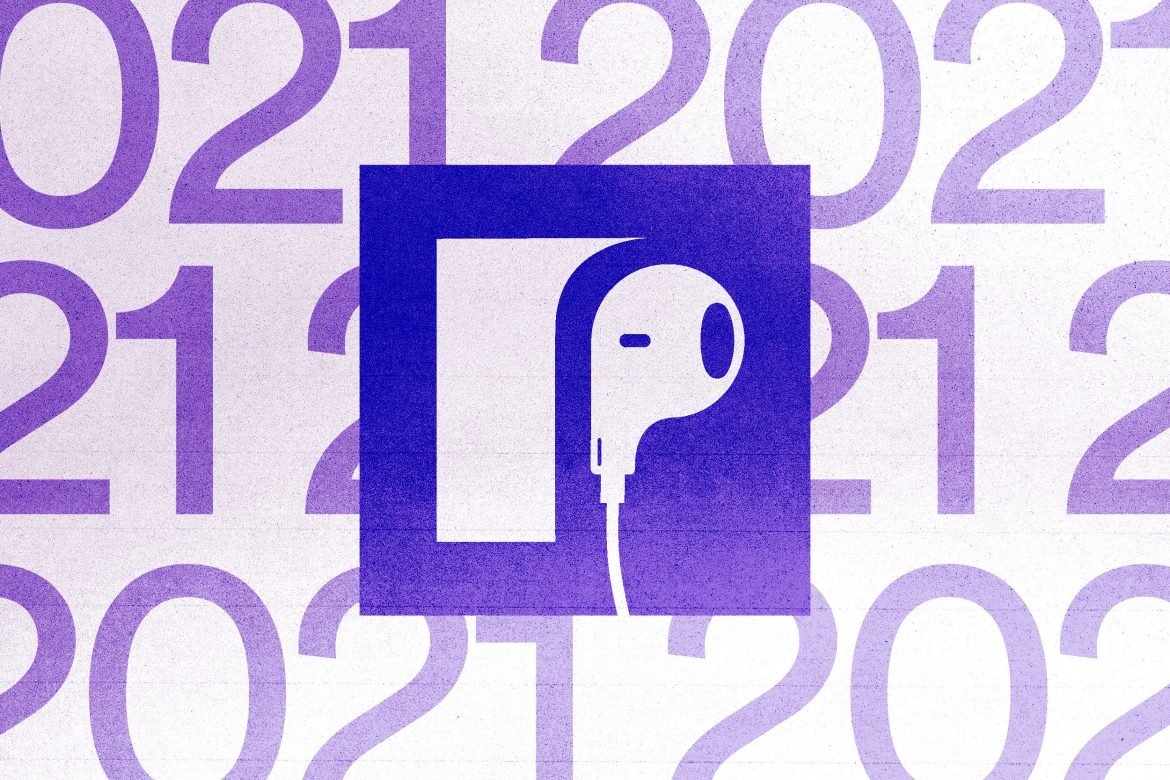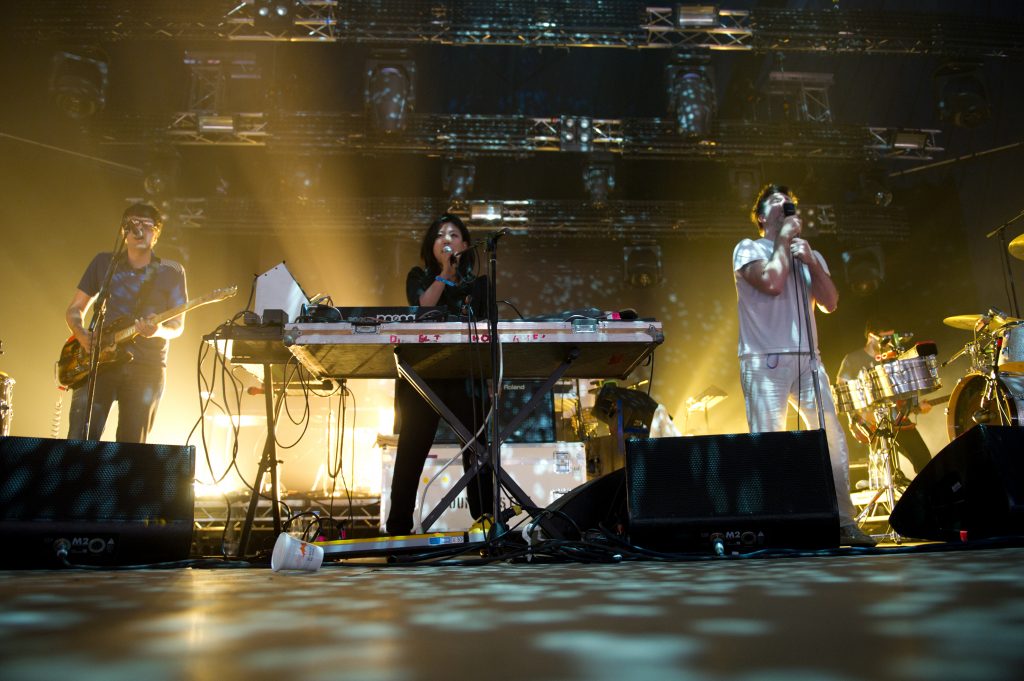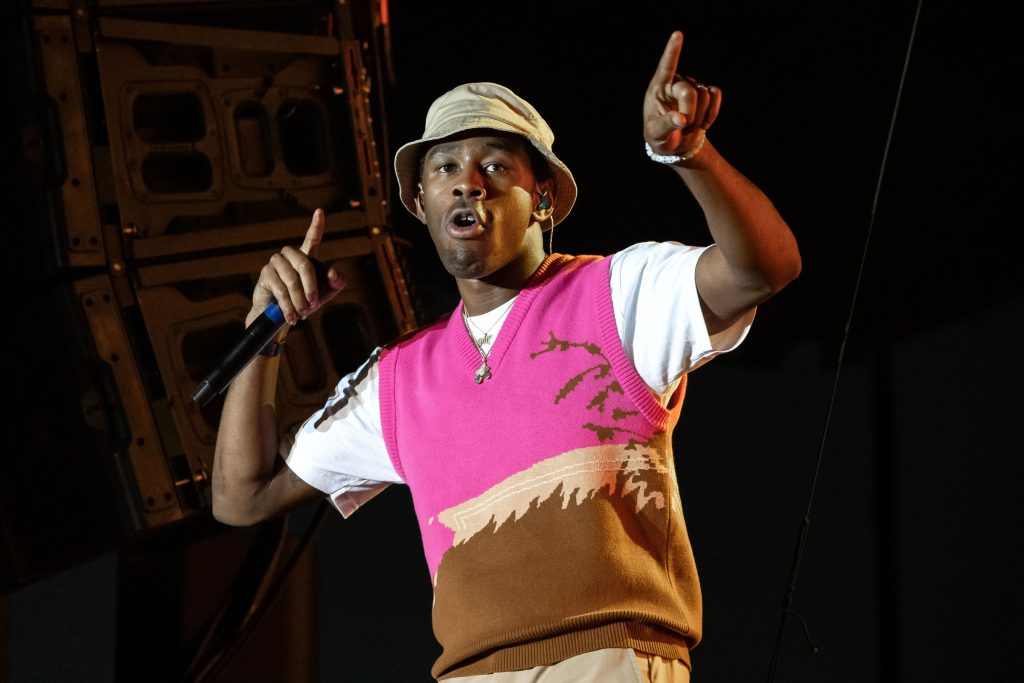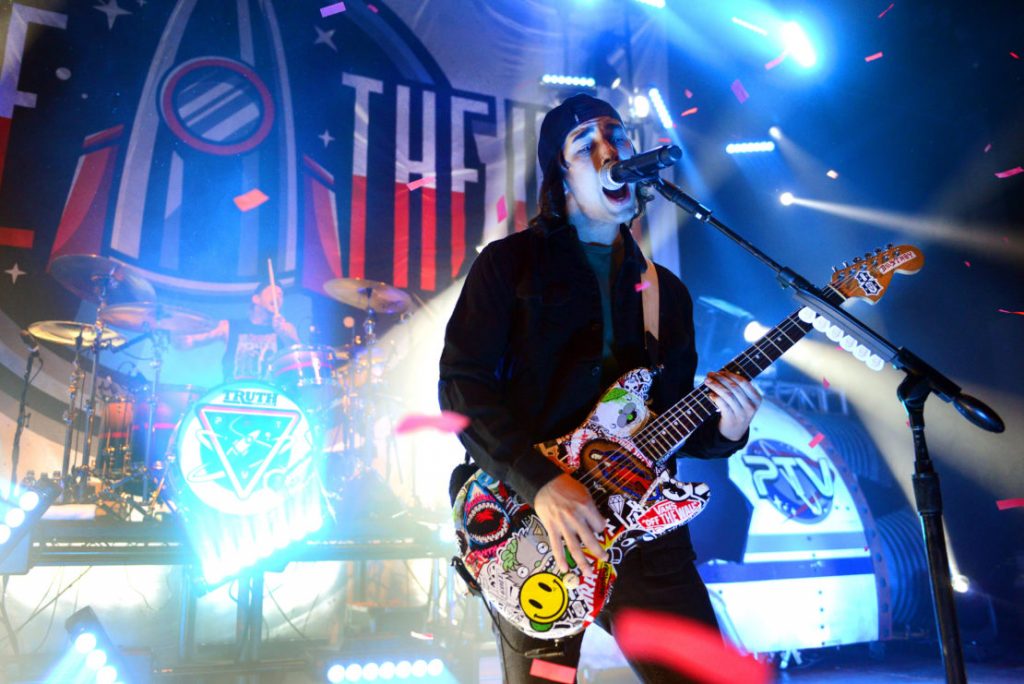“Sometimes it feels like events at Stony Brook are forced, but this did not feel that way at all,” rising senior Clare Dana said. “The Bash felt like the most student-led event I’ve been to; it felt like the people who put it together really cared about it and I think that’s what made it so successful.”
Listen along with us as Press and WUSB staff share some of their favorite releases from last year, hosted by music editors Rafael Cruvinel and Lauren Canavan. Guests include Ben Zimmer, Nick Lyons, Ashton Arbus, Matt Hono, Antonio Mochmann, Dylan Gallo and Jayden Feisthamel.
We all carry stuff with us wherever we go. Sometimes it’s whatever mood we’re in, sometimes it’s a song we just can’t get out of our heads and sometimes we’re literally carrying something. Lately, especially after everything that happened last year, I find myself carrying around two words in particular: “the past.”
This year, as part of an annual tradition, we’re sharing our favorite songs of the summer. We’re a little late this time, but considering the concept of time has lost all meaning in 2020, we’re going ahead with it anyway. In a remarkably bad time, these songs brought us solace and comfort, and we hope they’ll do the same for you.
I was in middle school the first time I heard LCD Soundsystem. They were on the Step Brothers soundtrack, and “North American Scum” blared during the opening credits in the iconic scene where Will Ferrel’s and John C. Reilly’s characters meet. I was drawn to the synths and cheeky lyrics of James Murphy pretty much immediately.
Each year, all of us at the Press look back on the long summer break and try out best to pick out the music that defined the season for us. Here are our songs for the summer.
Black, Latino and LGBT communities have used music and dance as a coping and articulation mechanism for the painful condition of disenfranchisement. For black victims of Apartheid South Africa, it was the Afro-synth bubblegum disco that ignited activism.
Joe Keery, better known as Steve “The Hair” Harrington, released his debut solo album on September 13, under the moniker “Djo.”
The pop-punk scene of the late 2000s to early 2010s was a time that almost anyone in college now can remember with general disgust and an occasional fit of nostalgia. This general feeling is one that, for the past three years now, I’ve felt and understood on a personal level, having been a part of that scene quite heavily in my “youth.”









